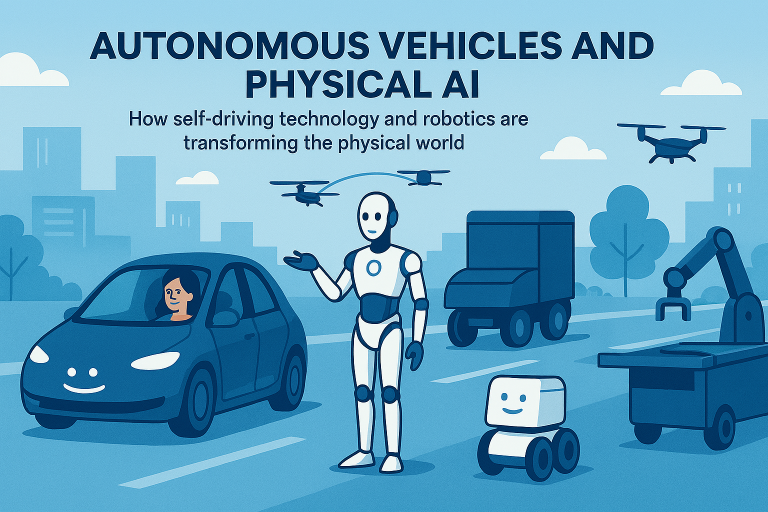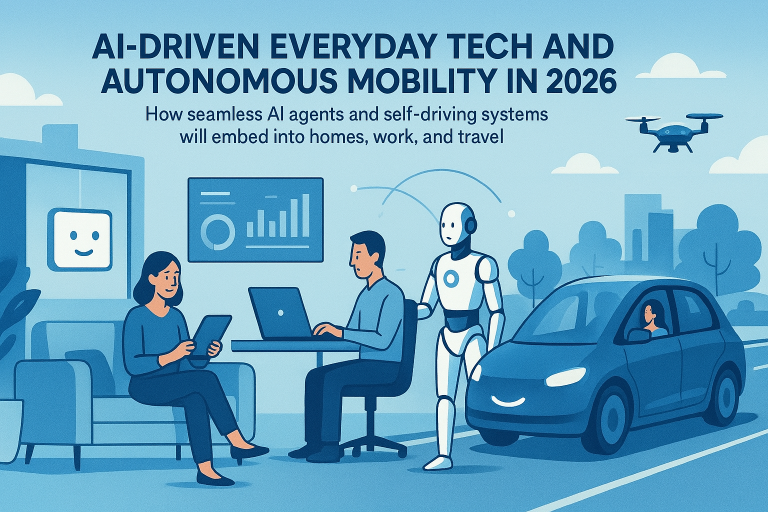
How AI is Changing Online Security – For Better and Worse
AI is changing online security in big ways—both good and bad. On the bright side, AI helps detect cyber threats faster than ever. It can analyze massive amounts of data, spot unusual activity, and stop attacks before they cause damage. Many companies now use AI-powered security systems to protect personal and financial information.
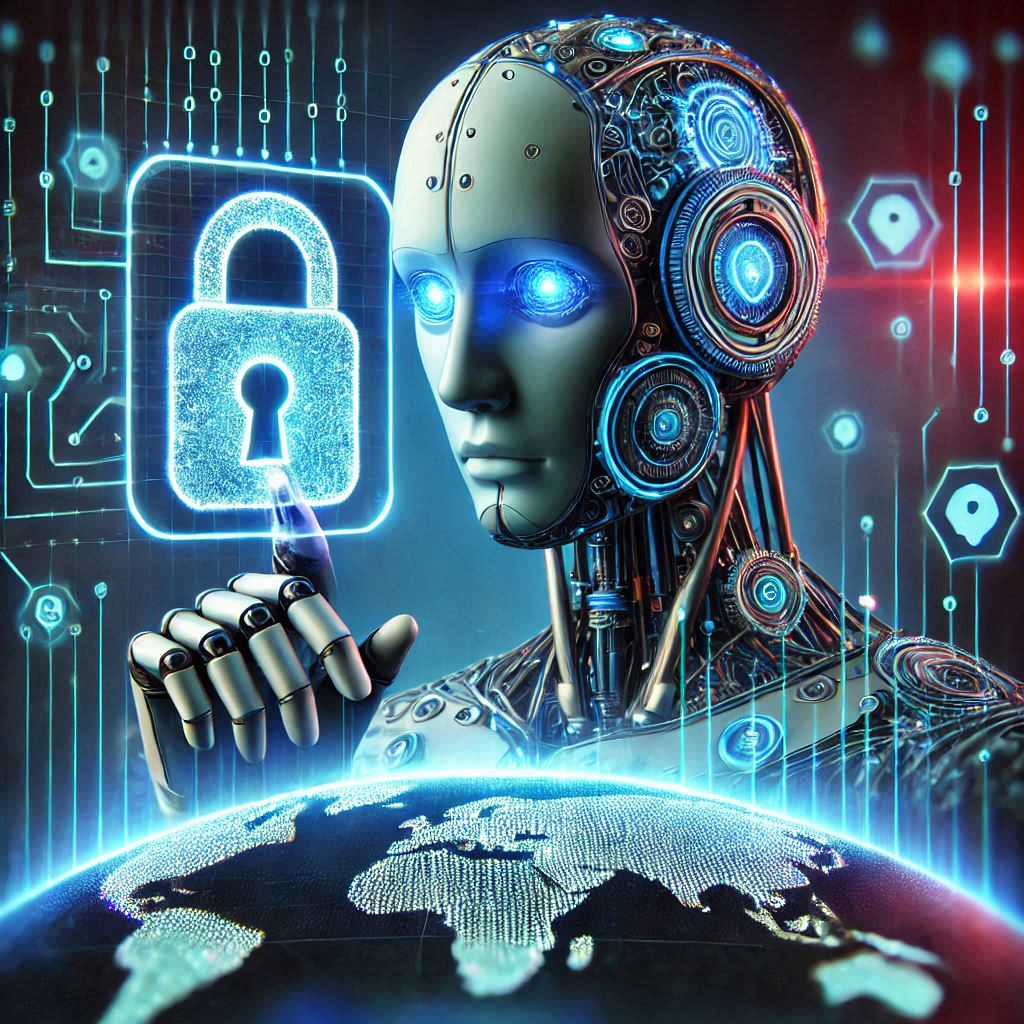
But there’s a dark side too. Hackers are also using AI to create smarter cyber attacks. AI-generated phishing emails look more real, and deep fake scams can trick people into giving away sensitive data. AI can even help cybercriminals break passwords faster.
This means we need stronger defenses. Experts are developing AI-powered security tools that can outsmart hackers. People also need to stay aware—learning how to spot scams and keeping their software updated. AI is making online security better, but it’s also making cyber threats more advanced. Staying informed is the best way to stay safe!
The Biggest Cyber Threats in 2025 and How to Stay Safe
Cyber threats are getting smarter in 2025, and AI is playing a big role—both for hackers and defenders. Cybercriminals now use AI to create more advanced phishing scams, deep fake videos, and automated hacking tools that can break into systems faster than ever. Ransomware attacks have also become more dangerous, targeting businesses and individuals alike.
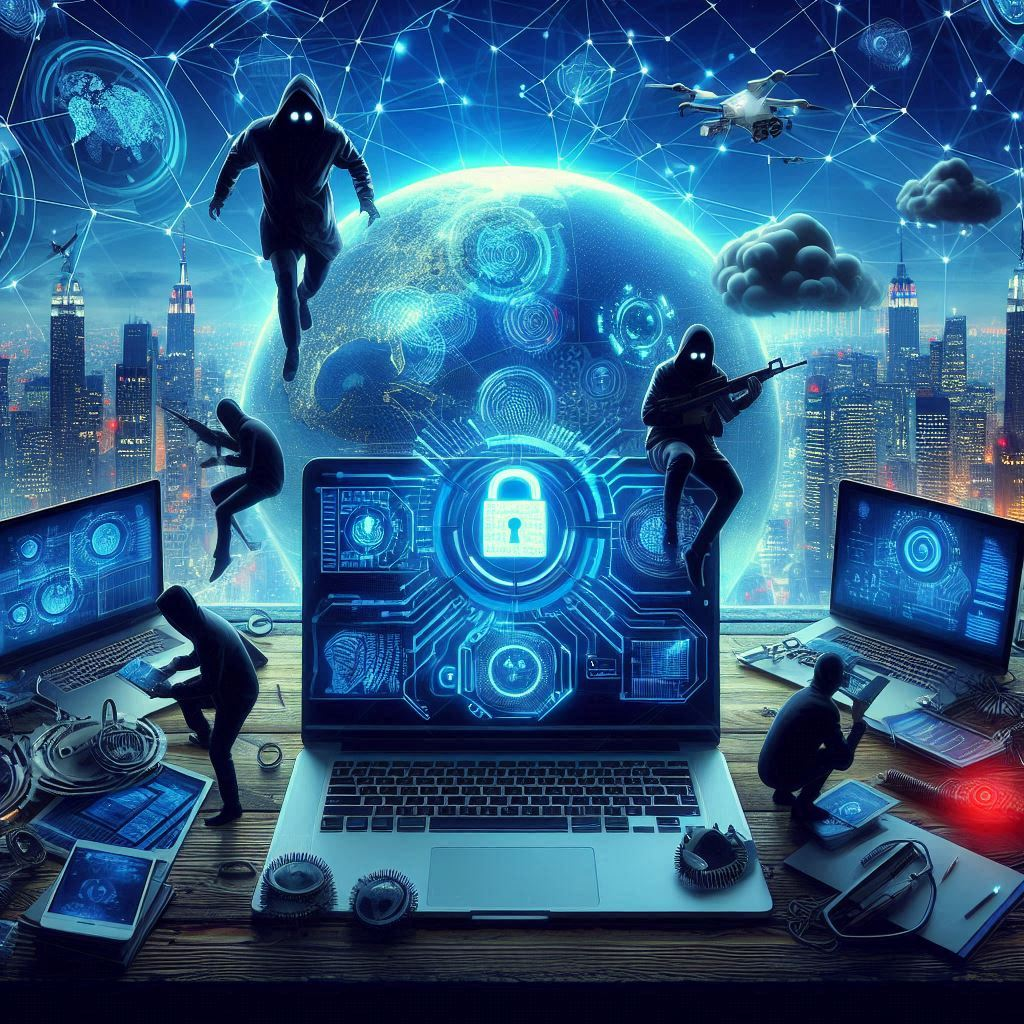
So, how can you stay safe? First, always be cautious with emails and messages—AI-generated scams can look very real. Use strong passwords or a password manager, and enable two-factor authentication (2FA) for extra security. Keep your software updated to protect against new threats. Be careful with what you share online, as AI can use your data to create realistic scams.
Lastly, cybersecurity tools powered by AI are improving too. Use trusted antivirus software and monitor your accounts for any unusual activity. Staying alert and informed is the best way to stay safe in 2025!
AI Hackers vs. AI Defenders: Who Will Win the Cyber War?
In 2025, cybersecurity is no longer just about humans fighting hackers—it’s AI vs. AI. Hackers are now using artificial intelligence to break into systems faster than ever. These AI hackers can crack passwords, create deep fake scams, and launch attacks that adapt in real-time.

But don’t worry—AI defenders are also getting smarter. Companies and security experts are using AI-powered tools to detect threats instantly, stop attacks before they happen, and protect sensitive data. These digital defenders can recognize unusual patterns, block fake emails, and even predict cyber threats before they strike.
The big question is: who will win this cyber war? While AI defenders are strong, cybercriminals are always finding new ways to attack. That’s why staying updated, using strong security tools, and being cautious online are more important than ever. In the end, the battle between AI hackers and AI defenders will continue—but the best defense is awareness and smart protection.
Smart Security: How AI Helps Protect Your Data in 2025
In 2025, AI is playing a big role in keeping our data safe. Cyber threats are getting smarter, but so is security. AI-powered security systems can detect and stop cyberattacks in real time, preventing hackers from stealing personal information.
One way AI helps is by spotting unusual activity, like a login from a strange location or a sudden data transfer. It quickly alerts users or blocks suspicious actions before any damage is done. AI also strengthens passwords, suggests better security habits, and even detects phishing emails before they reach your inbox.
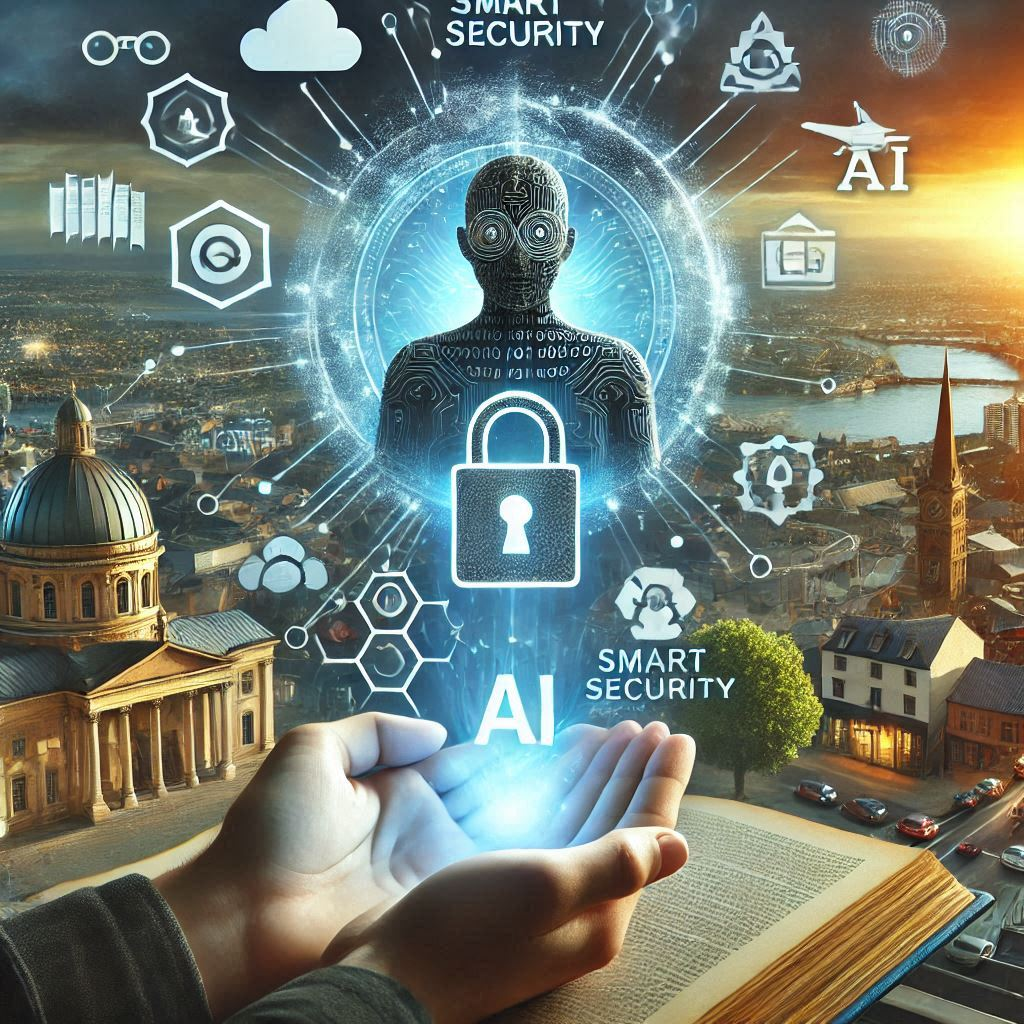
Many companies now use AI-driven firewalls and antivirus programs to stay ahead of hackers. Even smartphones and smart homes have AI security features to protect personal data.
As cyber threats evolve, AI will continue to improve, making online security smarter and more reliable. While no system is perfect, AI is making it much harder for hackers to succeed.
Cybercrime is Evolving – Here’s What You Need to Know
Cybercrime is evolving fast, and in 2025, it’s becoming more advanced than ever before. Hackers are using AI and other smart technology to launch attacks that are harder to detect. These new methods include things like AI-generated phishing emails, where scammers use AI to mimic real messages, making it harder for us to spot them.
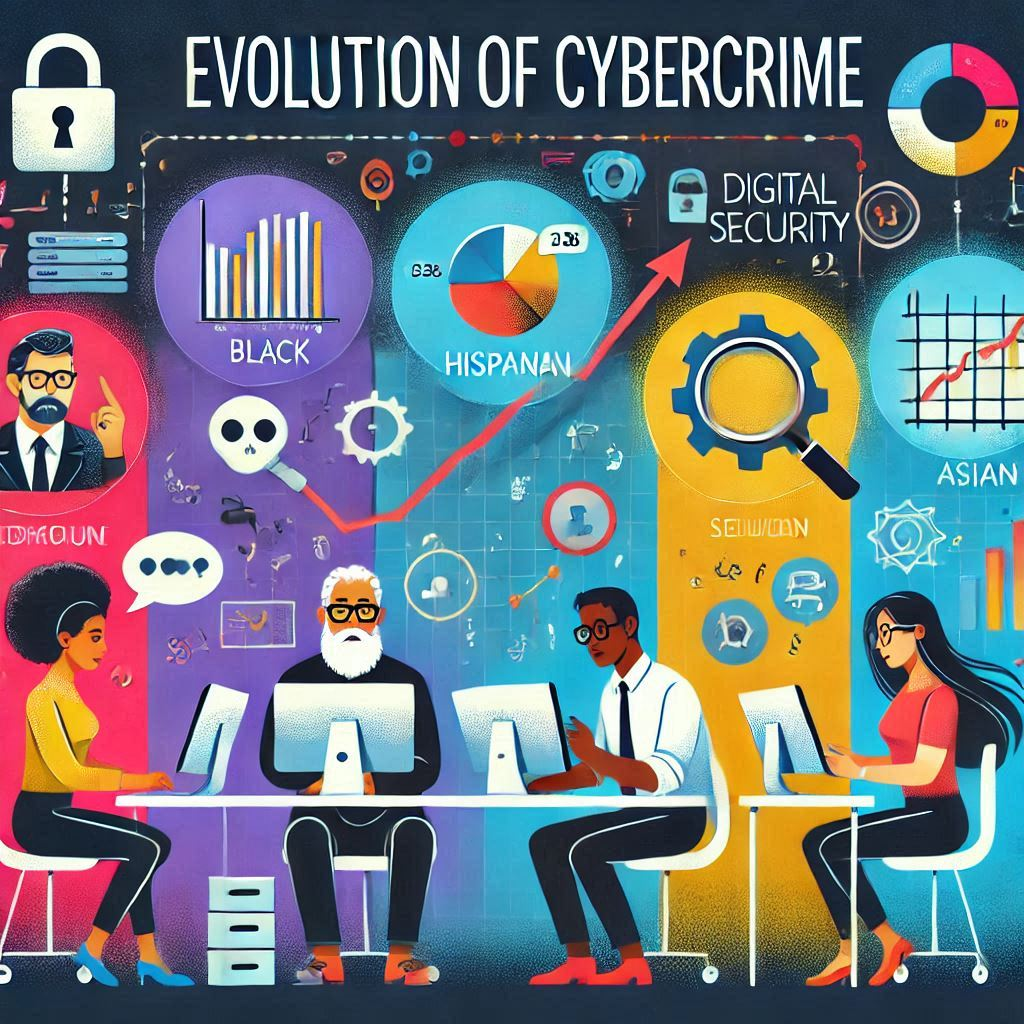
Another big threat is ransomware, where hackers lock your data and demand payment to unlock it. With AI, they can now target specific companies or individuals more effectively, knowing exactly how to break into systems.
To protect yourself, it’s important to stay updated on the latest security tools and practices. Using strong, unique passwords and two-factor authentication can help prevent unauthorized access. Be cautious of unexpected emails or links, and keep your software and devices up to date to defend against these evolving cyberattacks. Awareness and action are key to staying safe in this new era of cybercrime.
From Phishing to Deep Fakes: The Newest Online Scams
In 2025, online scams are getting smarter and harder to spot. Traditional threats like phishing emails, which trick people into giving away personal information, are still around, but they’re getting more convincing with AI. Cybercriminals now use AI to create fake emails or websites that look almost identical to the real thing. You might even get messages that seem like they’re from your bank or favorite store, asking you to click on a link or provide sensitive info.

Another big scam to watch out for is deep fakes. These are AI-generated videos or audio recordings that look and sound like real people, but they’re not. Cybercriminals can use deepfakes to impersonate someone you trust, like a colleague or friend, to scam you into sending money or sharing sensitive details.
To stay safe, be cautious about unexpected messages, check links carefully, and always verify requests before acting. AI is making scams more believable, but staying aware can protect you.
AI-Powered Security: Can It Really Keep Hackers Away?
AI-powered security is becoming a major player in the battle against hackers. But can it really keep them away? In 2025, AI is being used to detect unusual patterns and behavior online, helping identify threats faster than traditional methods. It can scan huge amounts of data in seconds, spotting anything suspicious before it becomes a problem. This makes it easier to block attacks before they cause damage.
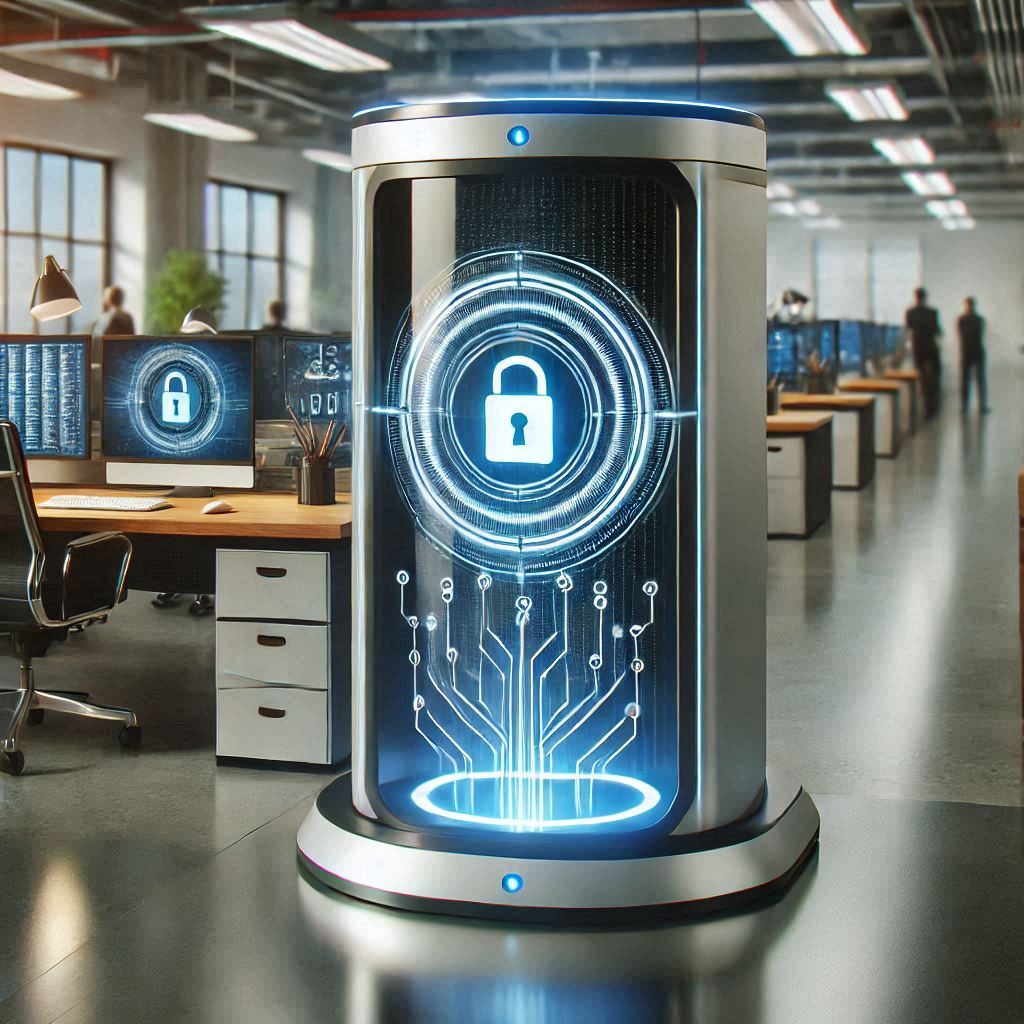
However, while AI is powerful, it’s not foolproof. Hackers are getting smarter, using AI themselves to find new ways to break into systems. This means that AI security tools must keep learning and adapting to stay ahead of cybercriminals.
In short, AI-powered security is an important tool in protecting our data, but it’s just one part of the solution. Combining AI with other defenses and staying alert to new threats is the key to keeping hackers at bay.
How to Protect Your Devices from AI-Driven Cyber Attacks
As AI continues to improve, it’s also being used by hackers to create smarter cyber attacks. These AI-driven threats can bypass traditional security systems, making it harder to keep your devices safe. But don’t worry—there are steps you can take to protect yourself.
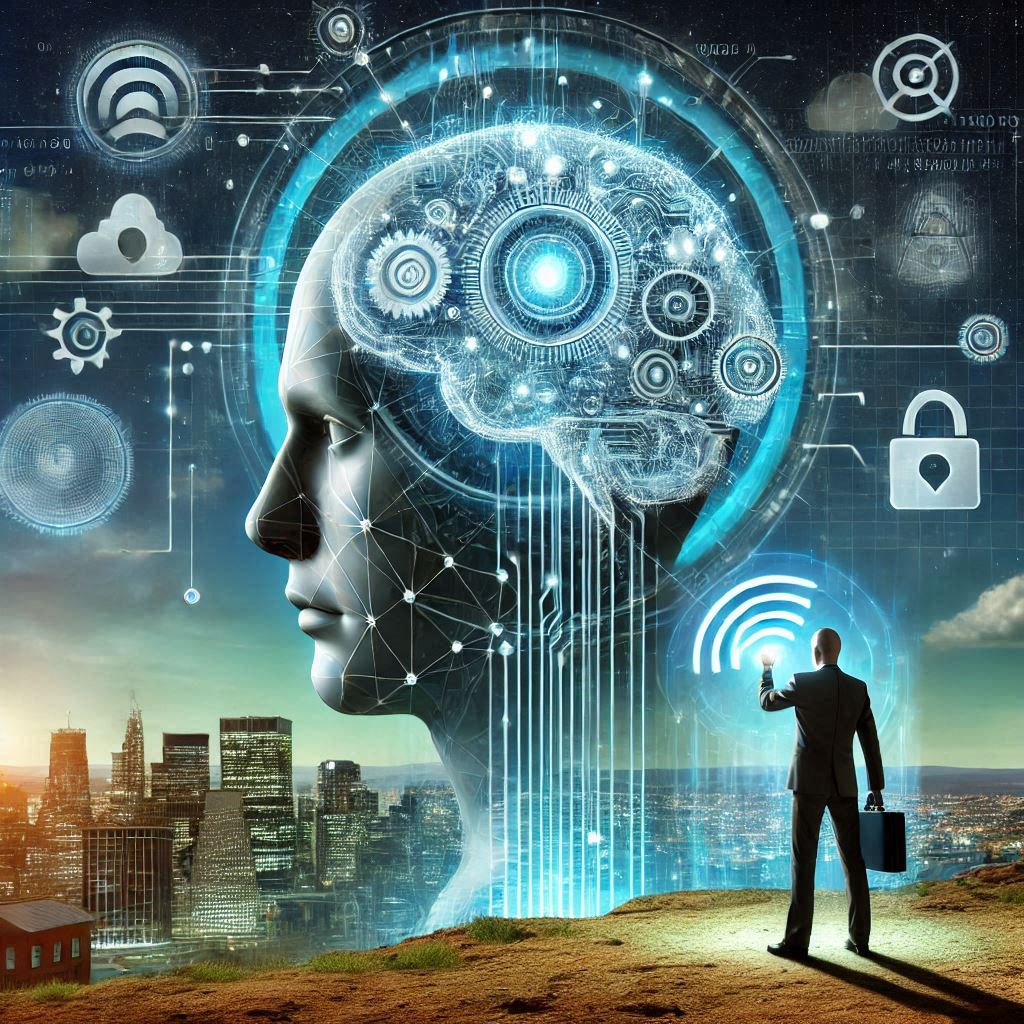
First, always update your software and security tools. AI-powered attacks often target older, unpatched systems, so keeping everything up to date is essential. Next, use strong, unique passwords and consider a password manager to store them safely. Multi-factor authentication (MFA) is another important step, as it adds an extra layer of protection.
Another smart move is to be cautious of phishing attempts. AI can make scam emails look more realistic, so always double-check the sender and avoid clicking on suspicious links.
Finally, use reliable antivirus and anti-malware software that can detect AI-driven threats. Regularly back up your data, just in case, and stay informed about new security practices to keep your devices secure in this AI-powered world.
The Future of Passwords: Will AI Make Them Obsolete?
In 2025, passwords might not be the security method we rely on anymore, thanks to advancements in AI. Right now, we use passwords to keep our accounts safe, but as AI technology improves, there are smarter, more secure ways to protect our information. AI could help create more advanced security systems like facial recognition, voice recognition, or even biometric scans that are harder to hack than a traditional password.
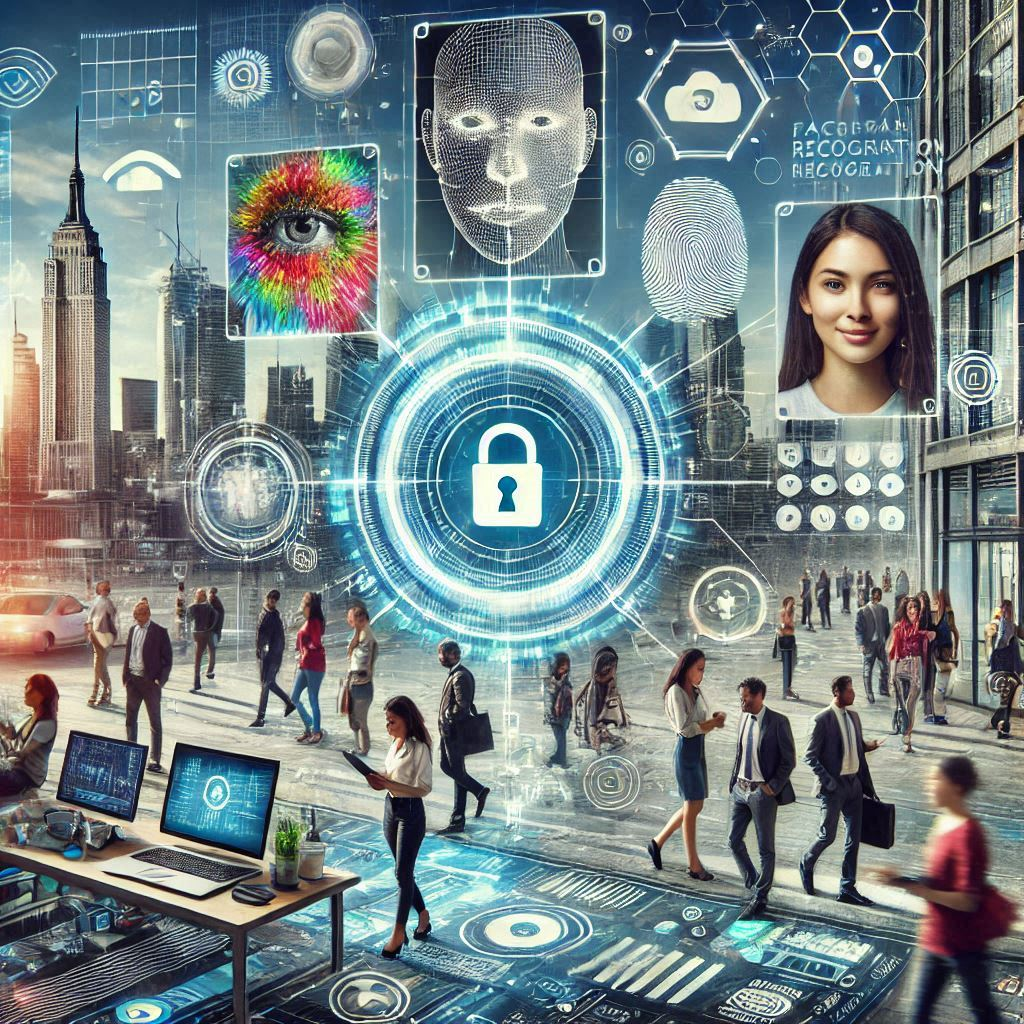
With AI’s ability to detect patterns and understand behavior, it might also be able to predict when something suspicious is happening, even before hackers try to attack. This could make passwords seem old-fashioned. Imagine unlocking your phone with just a look or using your voice to confirm your identity. While passwords may still be around for a while, AI could soon make them less important, and new security measures could take their place, making our digital lives safer and easier.
Cybersecurity for Everyone: Simple Tips to Stay Safe Online
Staying safe online is more important than ever, especially as AI-powered cyber threats become more common. Here are some simple tips to help you protect your personal information:
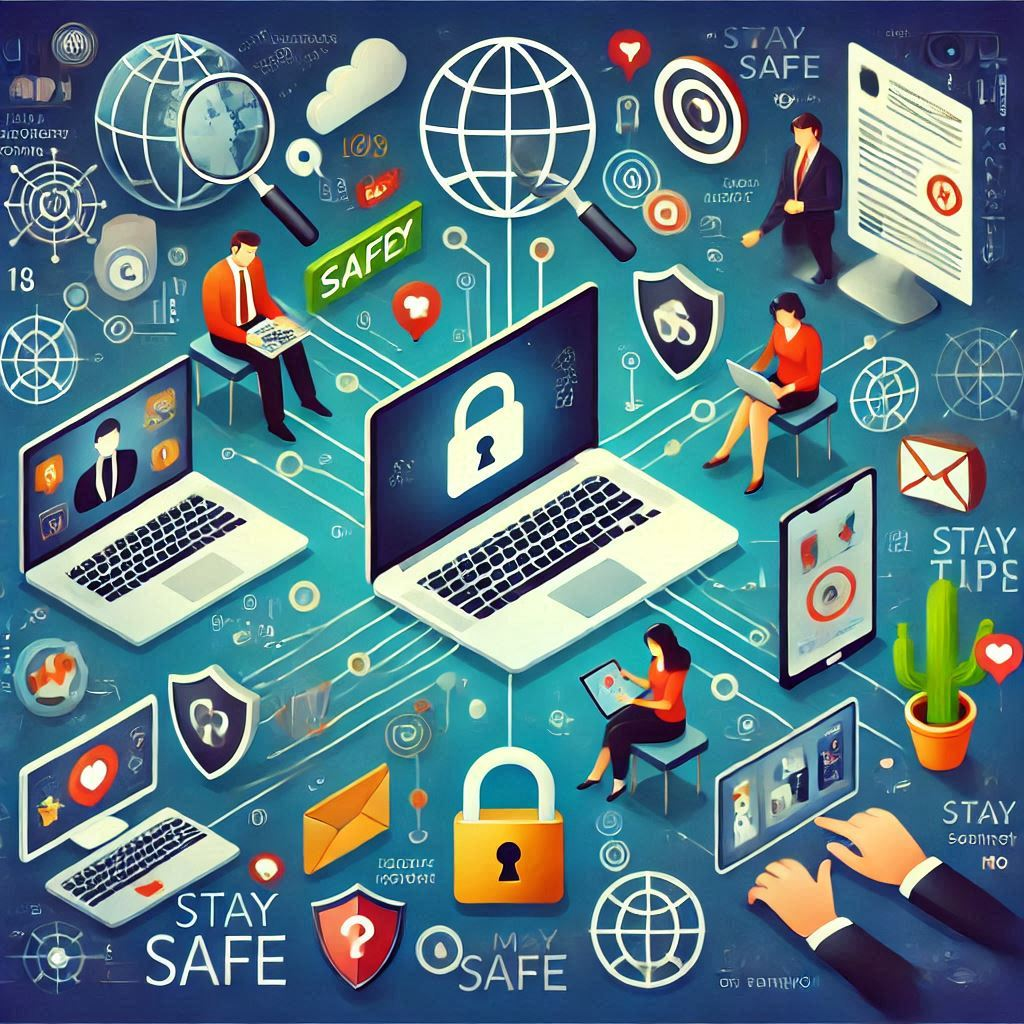
- Use Strong Passwords: Choose passwords that are long, unique, and include a mix of letters, numbers, and symbols. Avoid using easily guessable information like your name or birthday.
- Enable Two-Factor Authentication (2FA): Adding an extra layer of security helps prevent unauthorized access to your accounts, even if someone gets hold of your password.
- Be Wary of Phishing Scams: Don’t click on links or open attachments in emails from unknown sources. AI-powered scammers are getting better at impersonating trusted organizations.
- Keep Software Up-to-Date: Regular updates fix security holes and help protect you from new threats.
- Use a VPN: A Virtual Private Network (VPN) encrypts your internet connection, keeping your data safe when you’re on public Wi-Fi.
By staying aware and following these steps, you can greatly reduce the risk of falling victim to cyber threats.

